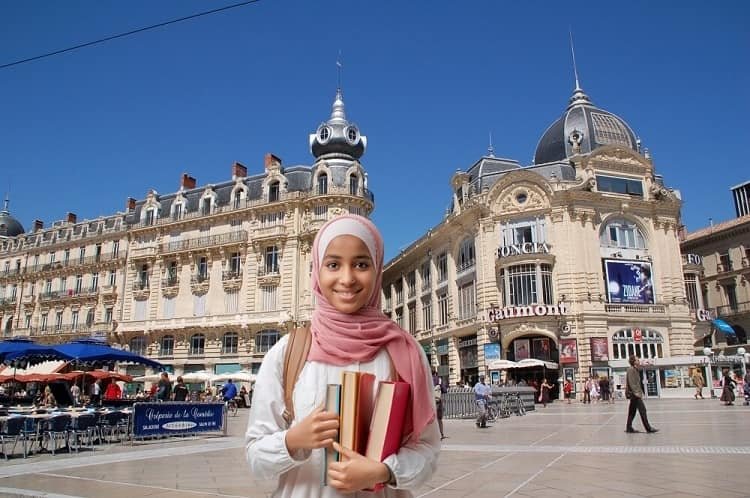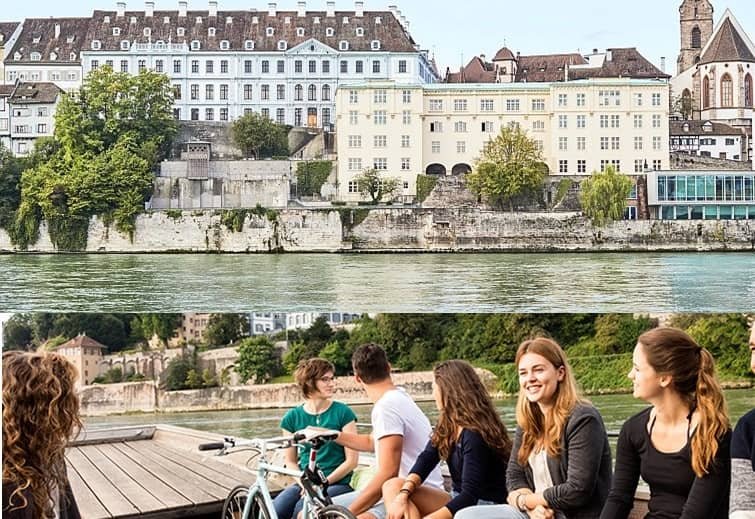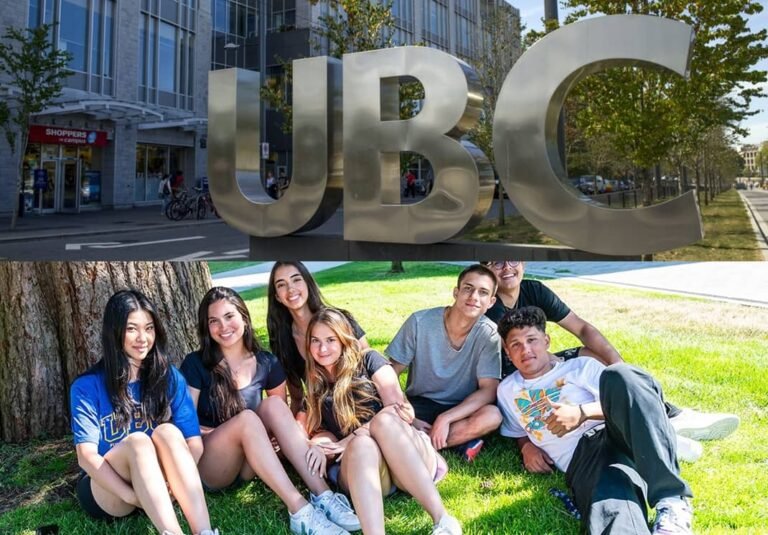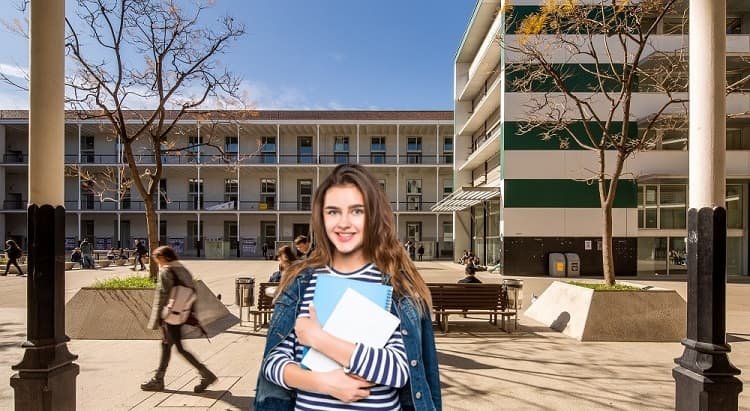The Marie Skłodowska Curie Actions Fellowships are among the most prestigious and sought-after research funding opportunities globally. Named after the brilliant scientist Marie Skłodowska Curie, these fellowships aim to enhance the development of researchers and foster global collaboration in the pursuit of scientific excellence. With a commitment to supporting researchers at every stage of their careers, the MSCA Fellowships are designed to provide an international platform for researchers to advance their careers and make meaningful contributions to a broad spectrum of scientific disciplines.

What are Marie Skłodowska Curie Actions Fellowships?
The MSCA Fellowships are part of the European Union’s Horizon Europe program, which is the EU’s largest research and innovation funding program. They are named after Marie Skłodowska Curie, a pioneering scientist known for her groundbreaking work in physics and chemistry. Curie was the first woman to win a Nobel Prize and remains an iconic figure in the history of science. Her relentless pursuit of knowledge and her focus on the advancement of science through international collaboration form the core ethos of the MSCA Fellowships.
The main goal of the MSCA Fellowships is to promote cross-border mobility, encourage international and intersectoral collaboration, and improve the career prospects of researchers. These fellowships enable researchers to work on cutting-edge projects in diverse, multidisciplinary fields, while also acquiring new skills and knowledge through international exposure.
Key Features and Benefits of MSCA Fellowships
- International Mobility: One of the most distinguishing features of the MSCA Fellowships is the focus on international mobility. Researchers are encouraged to relocate to another country, enhancing the global reach of their work. This mobility allows them to benefit from a different academic and cultural environment, which enriches their research and broadens their professional networks.
- Career Development: MSCA Fellowships are not just about conducting research; they are also about career development. Fellows are provided with opportunities for training, mentorship, and the development of transferable skills. These experiences help to enhance both their scientific expertise and their ability to work in diverse, international, and intersectoral environments.
- Cross-Sectoral Collaboration: MSCA Fellowships promote collaboration across various sectors—public, private, and non-profit. By supporting projects that involve multiple sectors, the program encourages the development of practical solutions to real-world challenges, ensuring that research has a direct impact on society and the economy.
- Diverse Research Areas: MSCA Fellowships cover a wide range of scientific disciplines, including natural sciences, engineering, medical research, social sciences, and humanities. This inclusivity allows researchers from diverse academic backgrounds to apply for funding and collaborate on multidisciplinary projects.
- Networking Opportunities: Fellows are part of a larger research community, and the MSCA program facilitates networking through conferences, workshops, and events. These interactions create valuable connections between researchers, institutions, and industries, further supporting career progression and knowledge exchange.
- Financial Support: MSCA Fellowships provide generous financial support, covering the researcher’s salary, mobility allowance, research costs, and family allowances (if applicable). This financial backing ensures that researchers can focus on their work without the burden of financial concerns.
Types of Marie Skłodowska-Curie Actions Fellowships
There are various types of MSCA Fellowships, each designed to address different stages in a researcher’s career:
- Individual Fellowships (IF): These fellowships are aimed at experienced researchers (with a Ph.D. or at least four years of research experience) who wish to undertake research projects in a foreign country. The focus of Individual Fellowships is on international mobility and career development, with the researcher working on a specific project with a host organization.
- Doctoral Networks (DN): These fellowships are designed to support the training of early-stage researchers (Ph.D. candidates). The Doctoral Networks foster collaboration between multiple organizations (universities, research institutes, and private companies) to provide a diverse research environment and offer a well-rounded doctoral education.
- Co-funding of Regional, National, and International Programs (COFUND): These fellowships are aimed at researchers who are already part of other national or regional research programs. Through COFUND, MSCA co-finances these programs to enable researchers to benefit from further training, mobility, and career development.
- Staff Exchanges (SE): Staff Exchanges focus on the exchange of researchers and staff between academic, industrial, and other sectors. This mobility helps improve the transfer of knowledge and expertise across disciplines and regions.
Who Can Apply for MSCA Fellowships?
The Marie Skłodowska-Curie Actions Fellowships are open to researchers at different career stages, from early-stage researchers to established professionals. However, there are specific eligibility criteria:
- Experienced Researchers: For individual fellowships, applicants must be researchers with a Ph.D. or at least four years of full-time research experience at the time of the application.
- Early-Stage Researchers: Doctoral Networks are open to researchers who have not yet obtained a doctoral degree and are in the process of completing their Ph.D. training. These researchers must be in the first four years of their research career.
- Mobility Rule: Applicants must be willing to move from one country to another. Typically, researchers should not have resided or carried out their main activity in the country of their host organization for more than 12 months in the 3 years preceding the application.
- Researchers from All Countries: While MSCA Fellowships are part of the European Union’s Horizon Europe program, the fellowships are open to researchers from all countries, not just EU member states. This global inclusivity fosters the exchange of knowledge and innovation.
How to Apply
The application process for the MSCA Fellowships can be highly competitive, but it is structured to ensure fairness and transparency. Interested researchers must submit their proposals in response to calls for applications, which are announced by the European Commission. The submission process generally involves the following steps:
- Prepare the Proposal: Applicants must carefully prepare their research proposal, including a detailed plan for the research project, a description of the impact, and how the project aligns with the goals of the MSCA Fellowships.
- Find a Host Organization: Researchers must identify a host institution (such as a university, research center, or private sector organization) that is willing to support their project. This organization plays a critical role in the implementation of the research.
- Submit the Application: Applications are submitted through the European Commission’s Participant Portal. The application must include all necessary documentation, such as the research proposal, letters of recommendation, and proof of eligibility.
- Evaluation: All applications are evaluated by an expert panel, based on scientific quality, impact, and the career development opportunities for the researcher.
- Awarding the Fellowship: Successful applicants are then awarded the fellowship and can begin their research project in collaboration with their host institution.
Deadline for 2025
The next call for applications for the Marie Skłodowska-Curie Actions Fellowships will close on 10 September 2025. Interested researchers should ensure they meet all eligibility criteria and carefully prepare their applications to ensure the best chance of success. As the deadline approaches, it is crucial to start the application process well in advance to address any potential challenges.
Conclusion
The Marie Skłodowska-Curie Actions Fellowships offer an incredible opportunity for researchers to advance their careers, broaden their horizons, and contribute to global scientific progress. Whether you are an early-stage researcher looking for training and mentorship or an experienced researcher seeking international collaboration, the MSCA Fellowships provide the support and resources necessary to make your scientific ambitions a reality.
With the next deadline for applications set for 10 September 2025, this is an excellent opportunity to embark on a rewarding career in research, contributing to the future of science and innovation. Don’t miss out on the chance to become part of the global research community and join the legacy of Marie Skłodowska Curie in shaping the future of science.
More Scholarships:
John Thompson Scholarship for International Students at DCU Business School Ireland
University of Liverpool Duncan Norman Research Scholarships
Swansea University Research Scholarships for International Students
Hanse-Wissenschaftskolleg Fellowship for International Students















